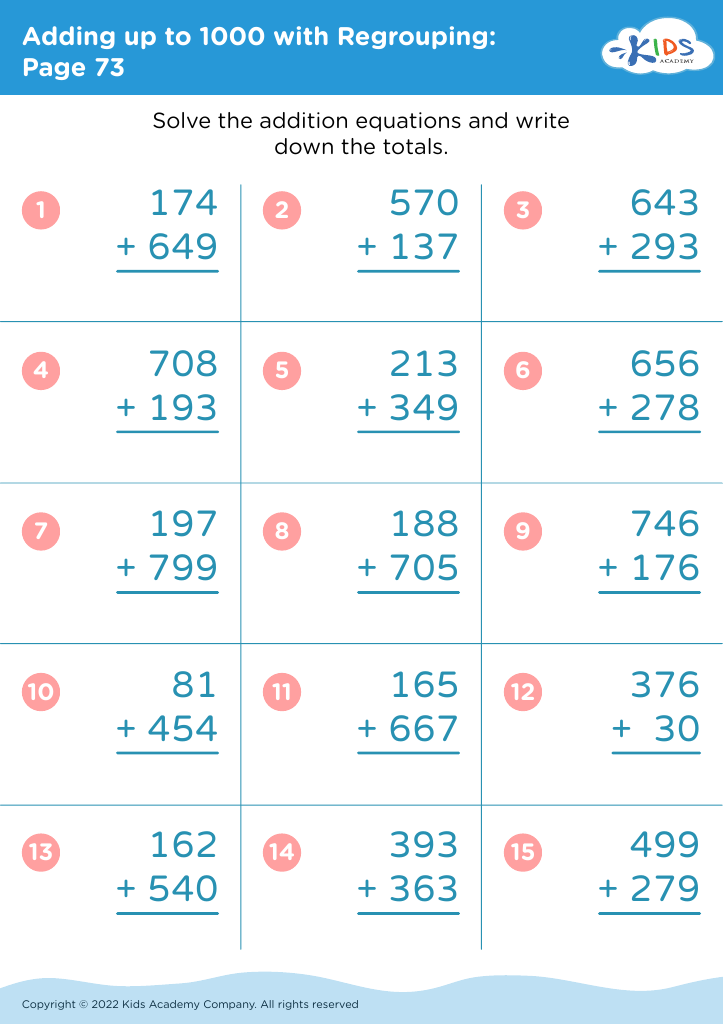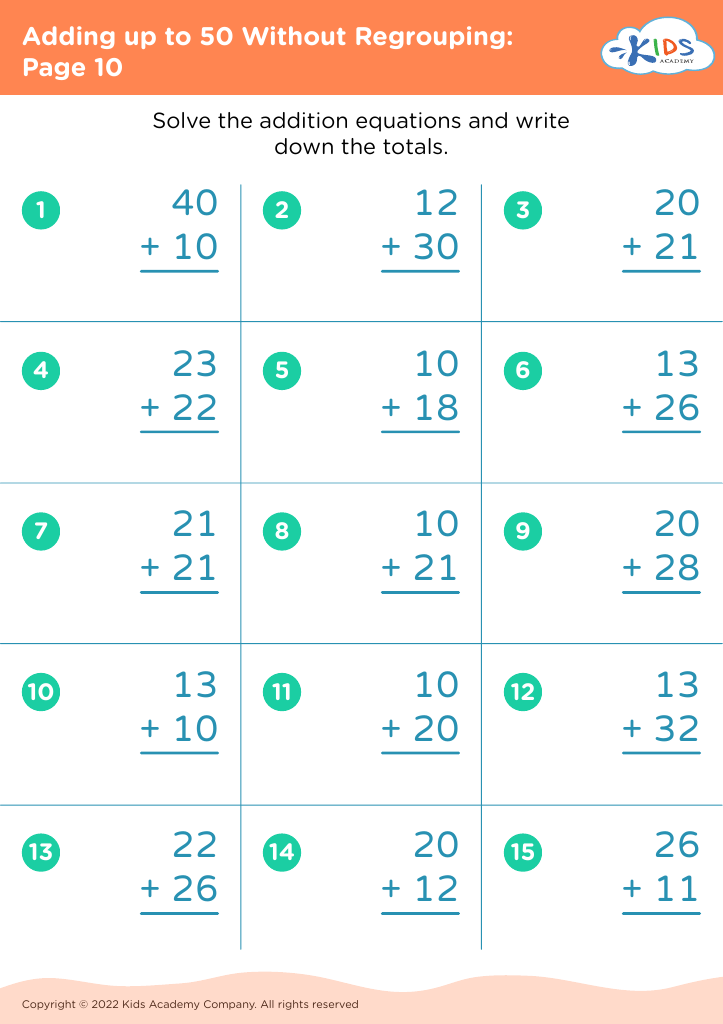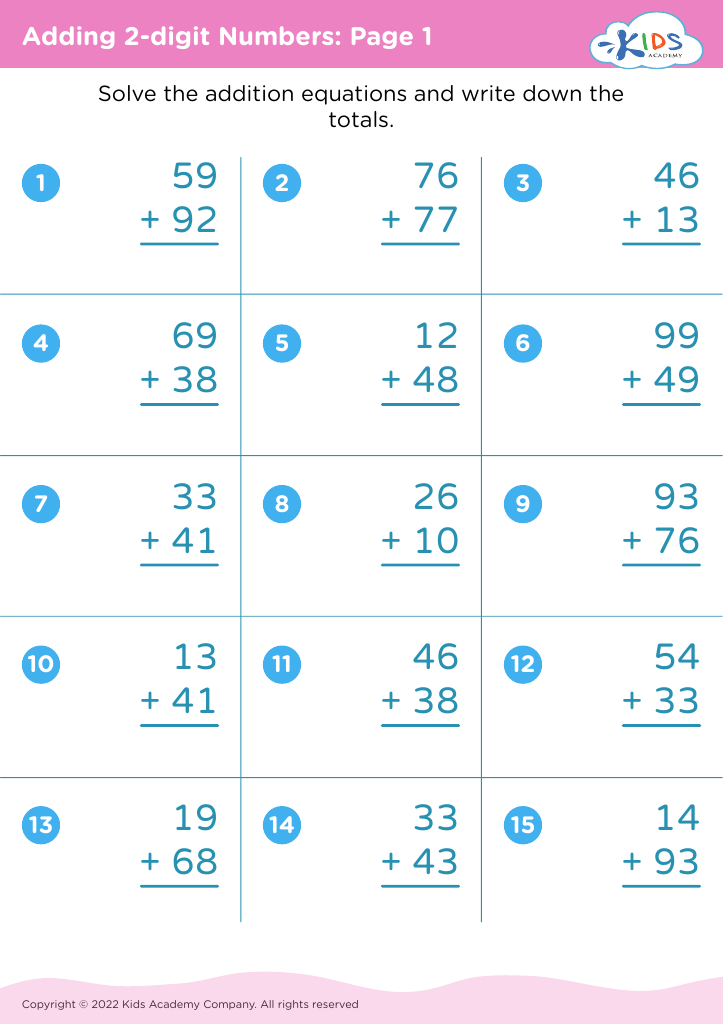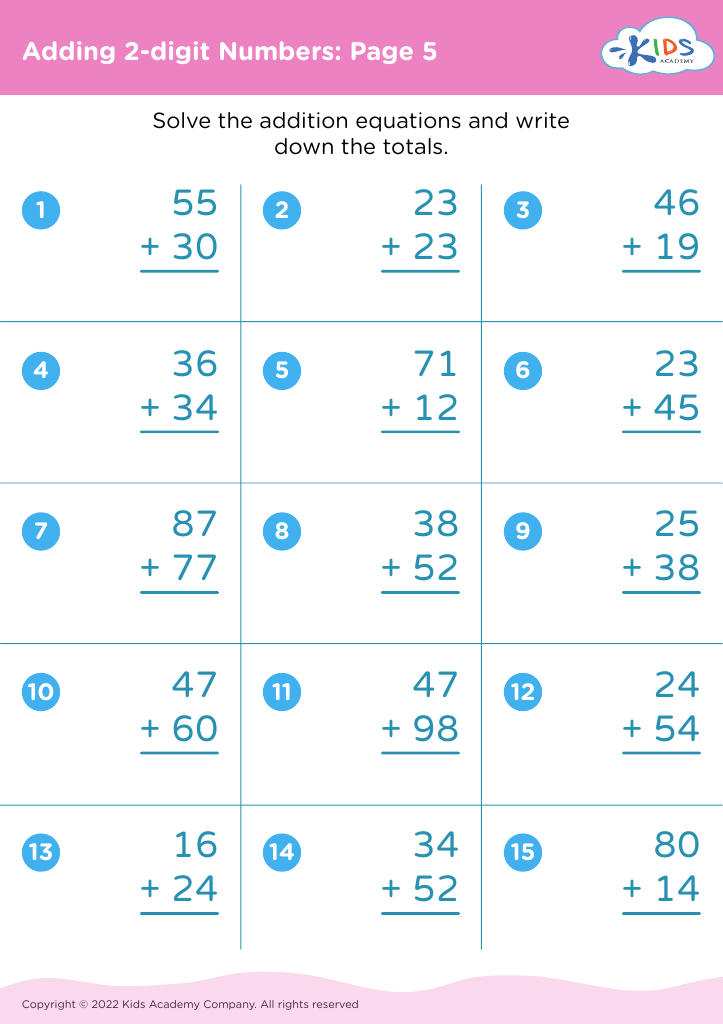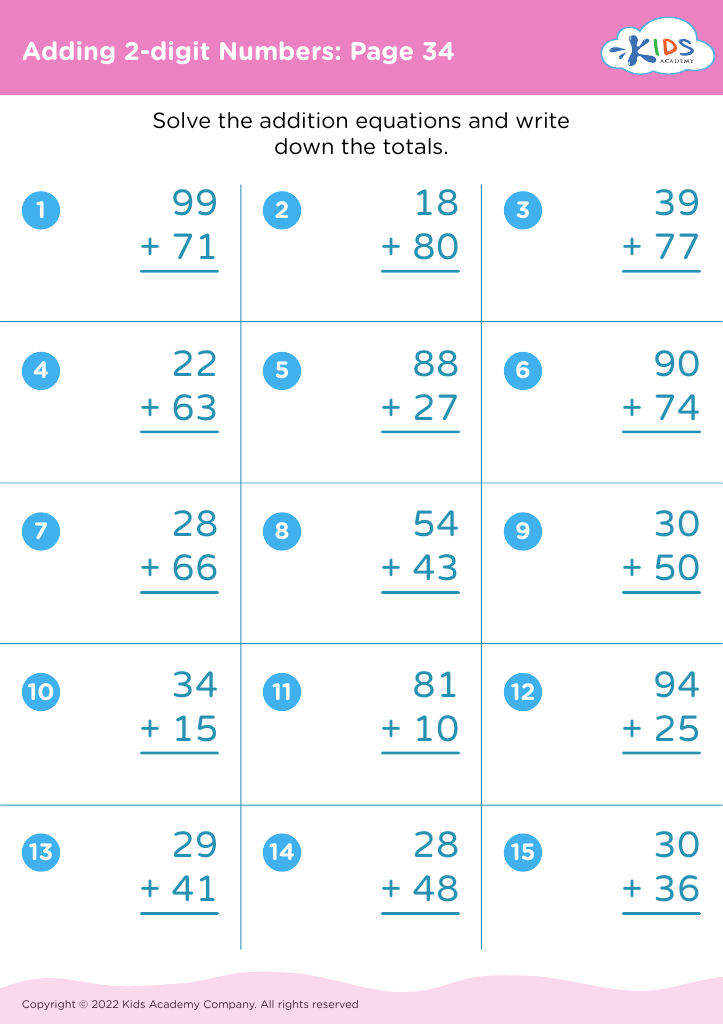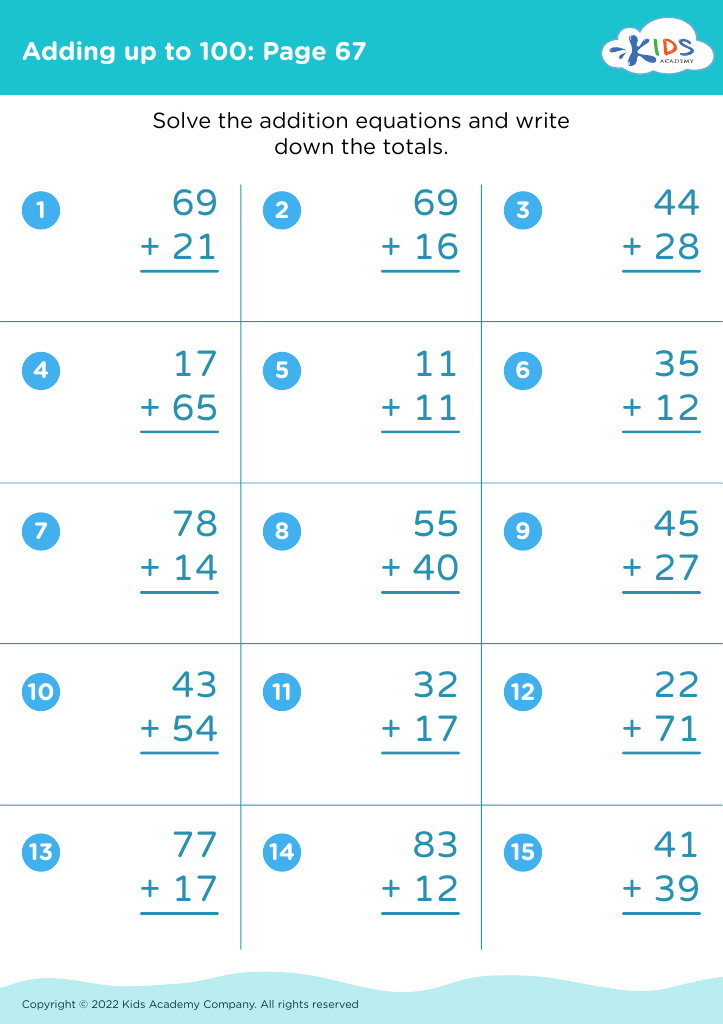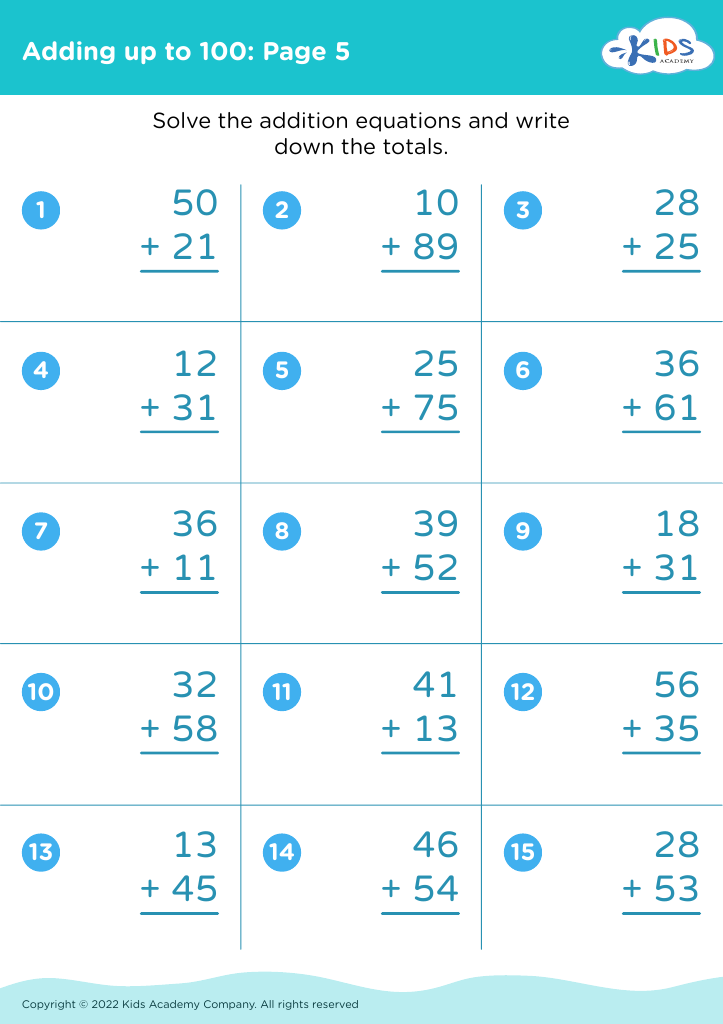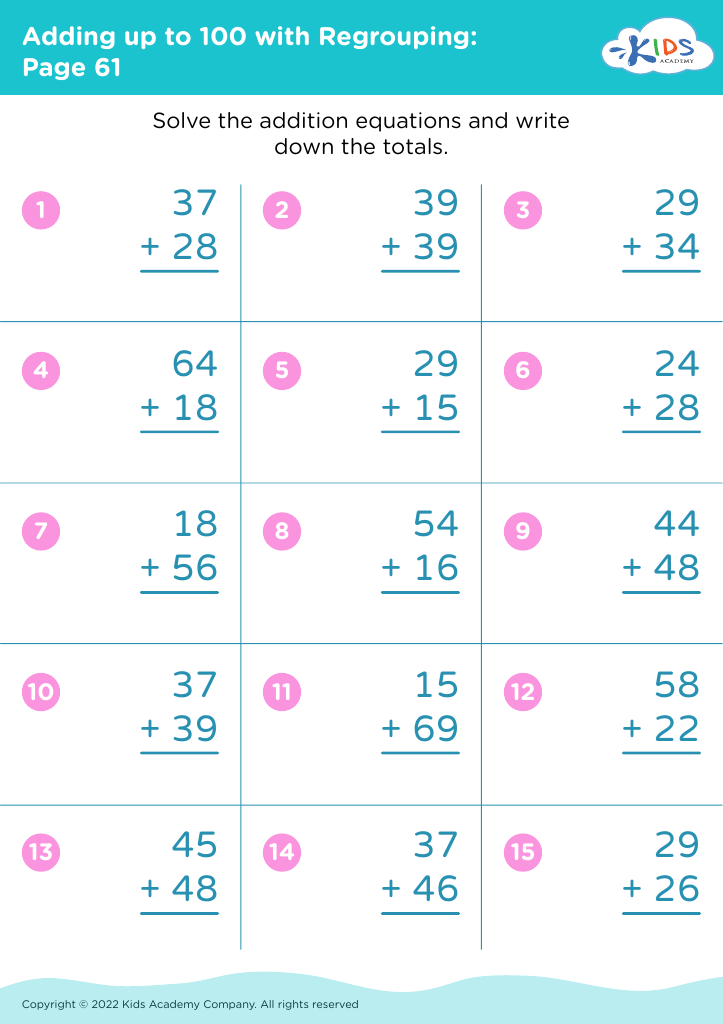Understanding patterns Worksheets for Ages 6-9
58 filtered results
-
From - To
Boost your child's cognitive development with our "Understanding Patterns Worksheets for Ages 6-9." Designed to engage young learners, these worksheets help children identify, analyze, and create patterns, essential skills for mastering math, reading, and critical thinking. With a variety of exercises, including colorful sequences, shape recognitions, and logical arrangements, our resources make learning fun and effective. Perfect for both classroom settings and at-home practice, these worksheets cater to children's different learning styles and paces. Equip your young scholar with the foundational skills needed for academic success with Kids Academy’s expertly crafted pattern activities.
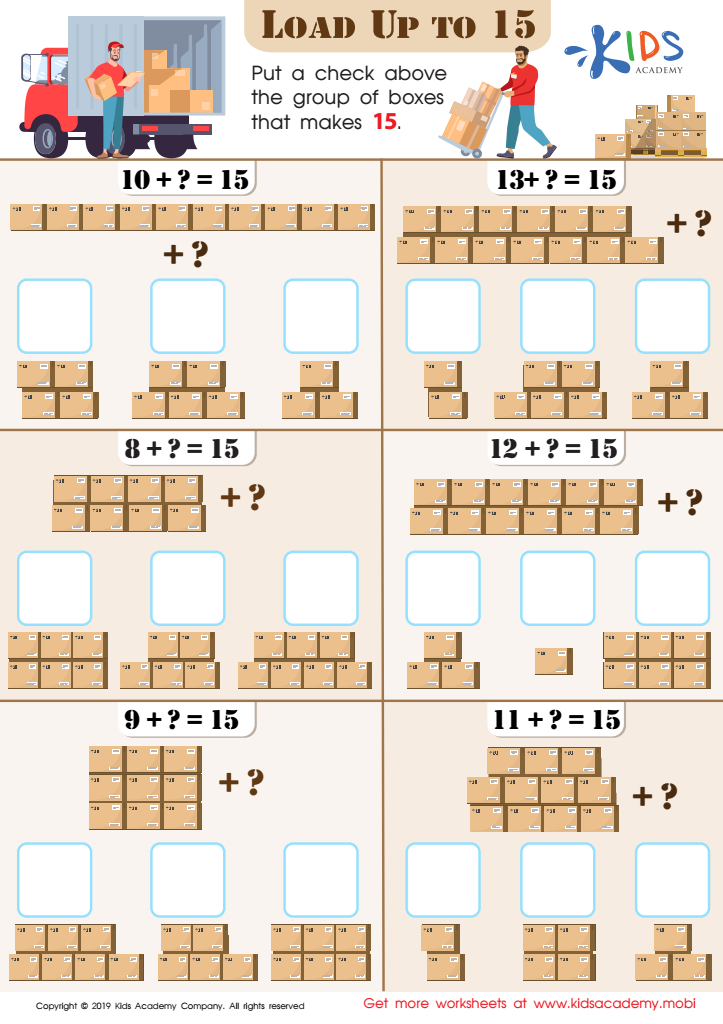

Load up to 15 Worksheet
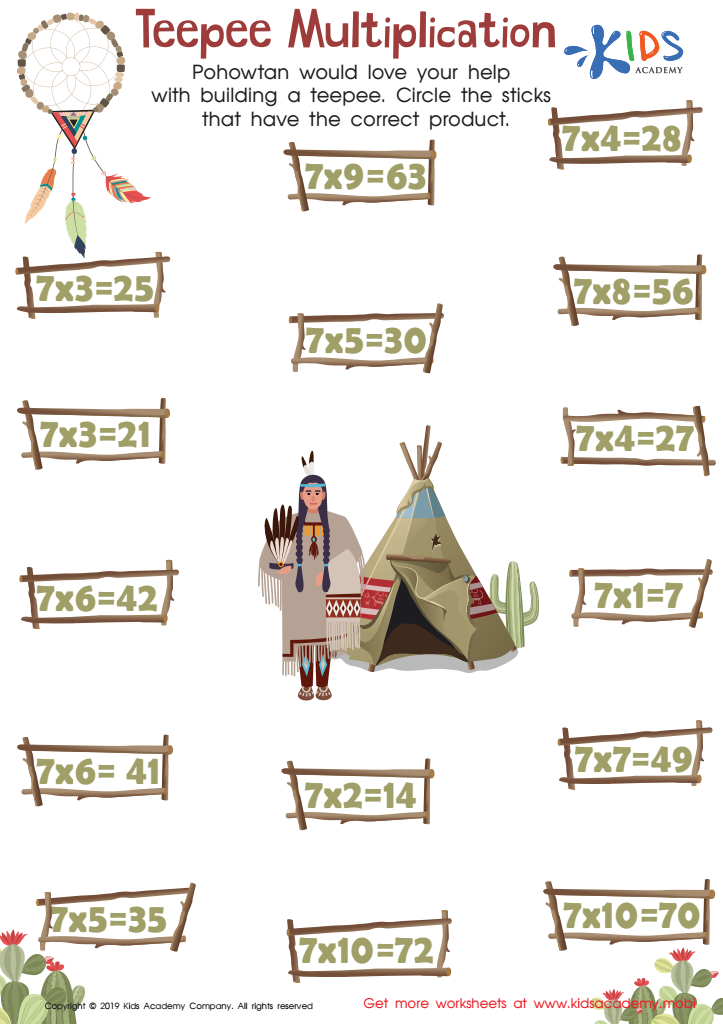

Teepee Multiplication Worksheet
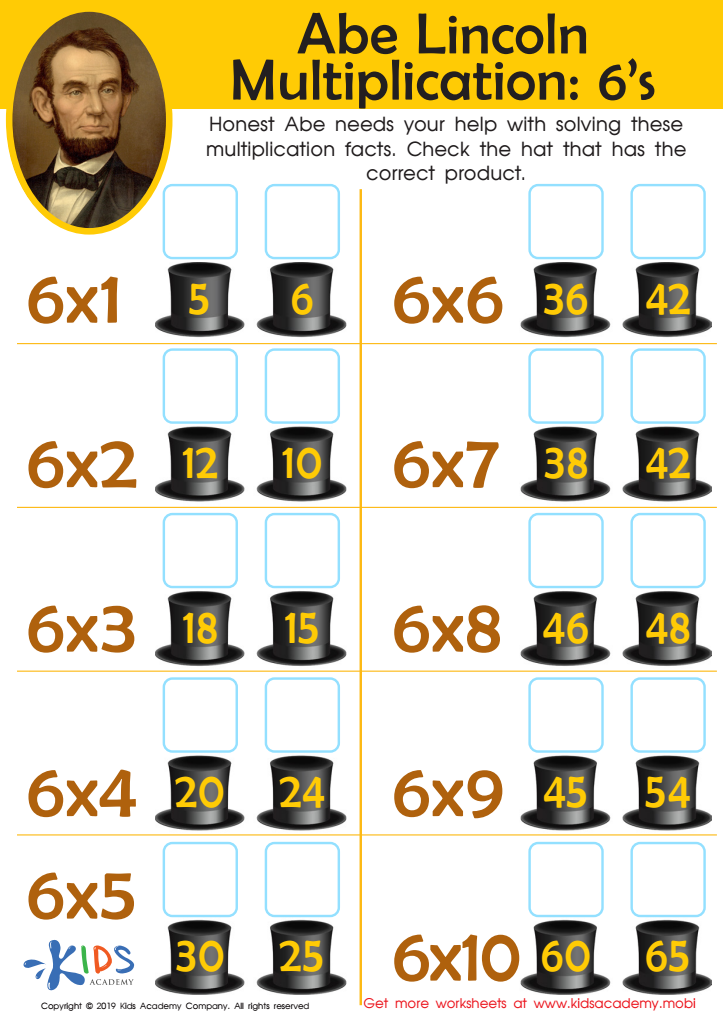

Abe Lincoln Multiplication: 6’s Worksheet
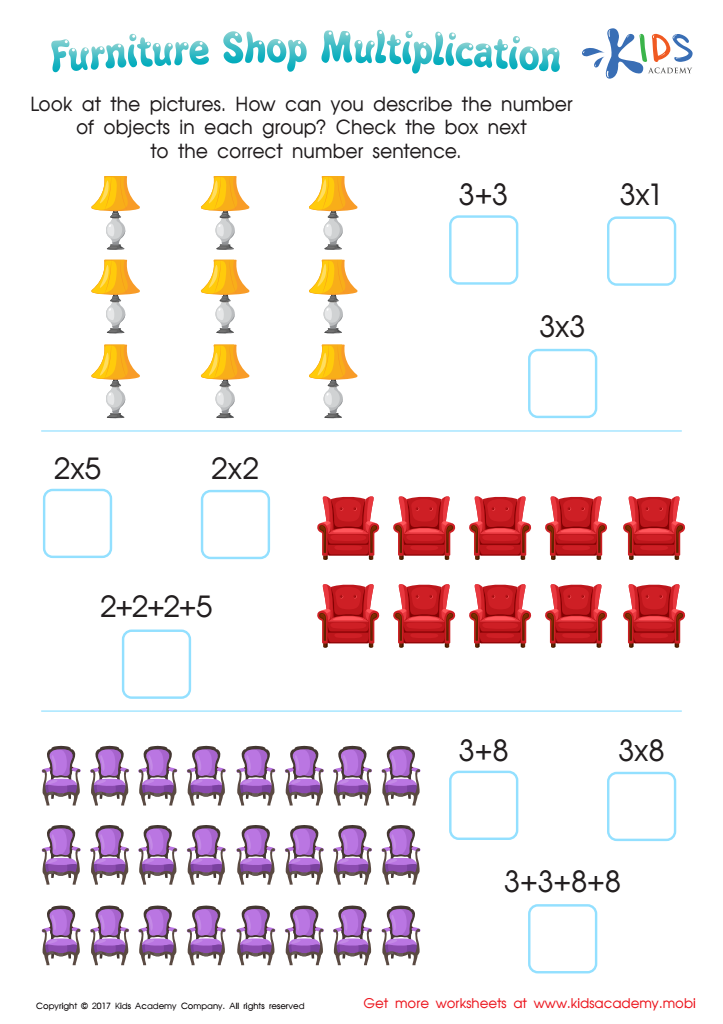

Furniture Shop Worksheet
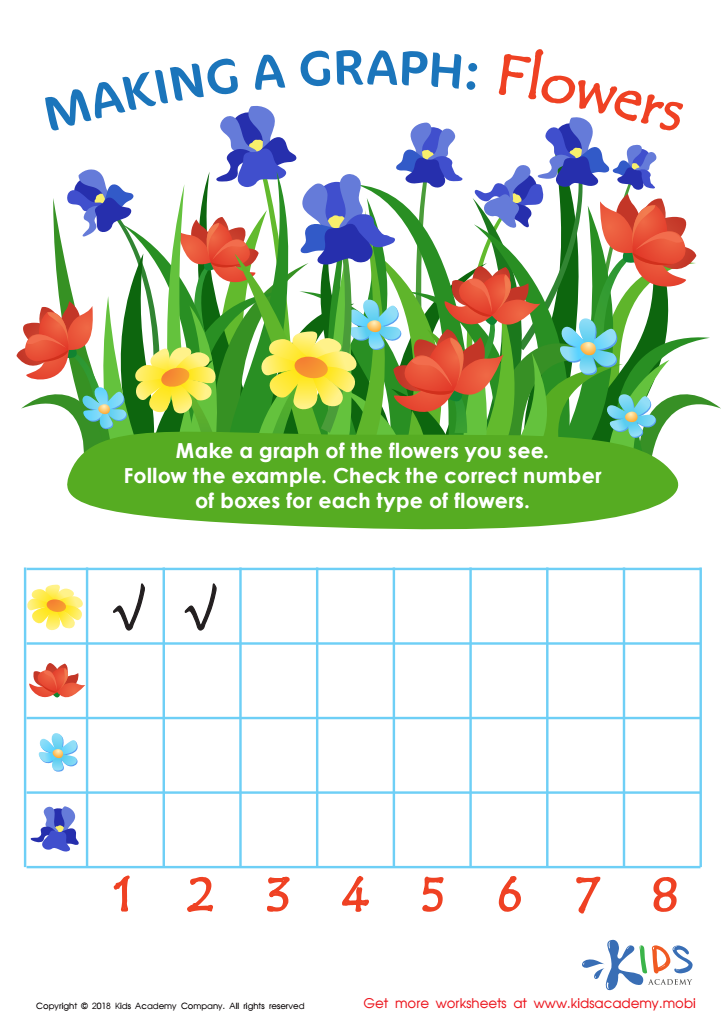

Making a Graph: Flowers Worksheet
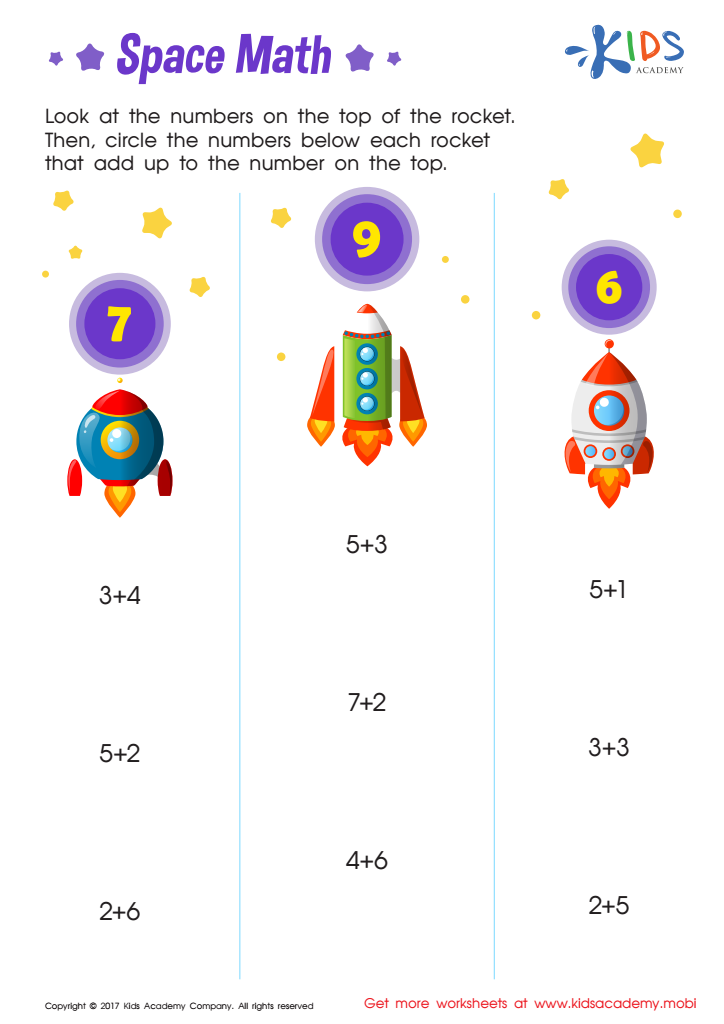

Addition: Space Math Worksheet
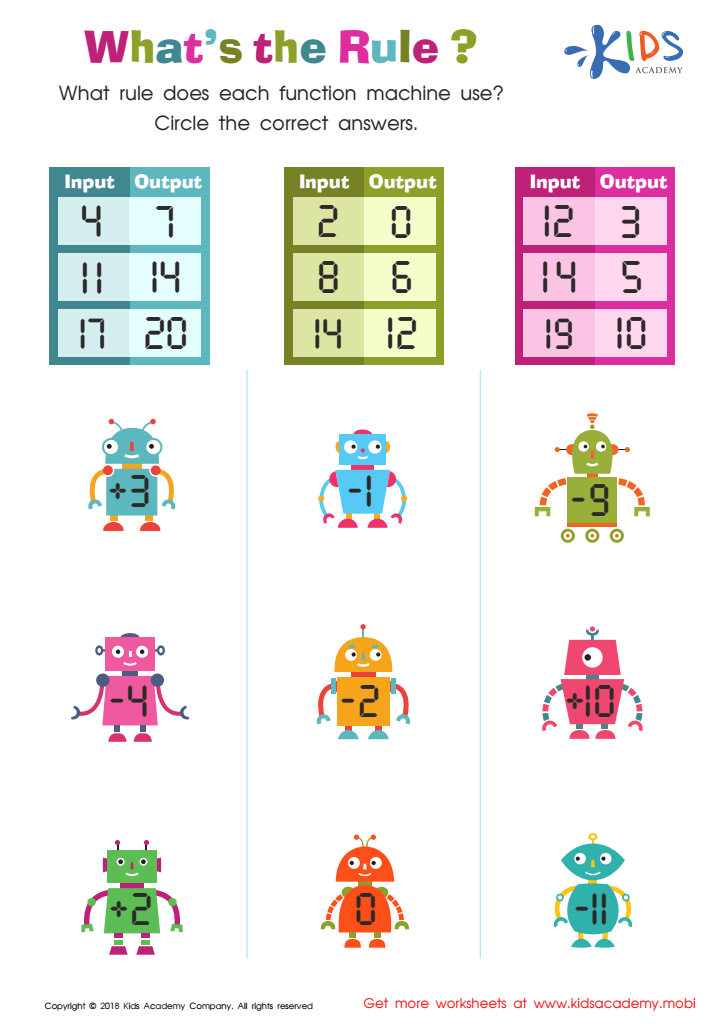

What's the Rule Worksheet
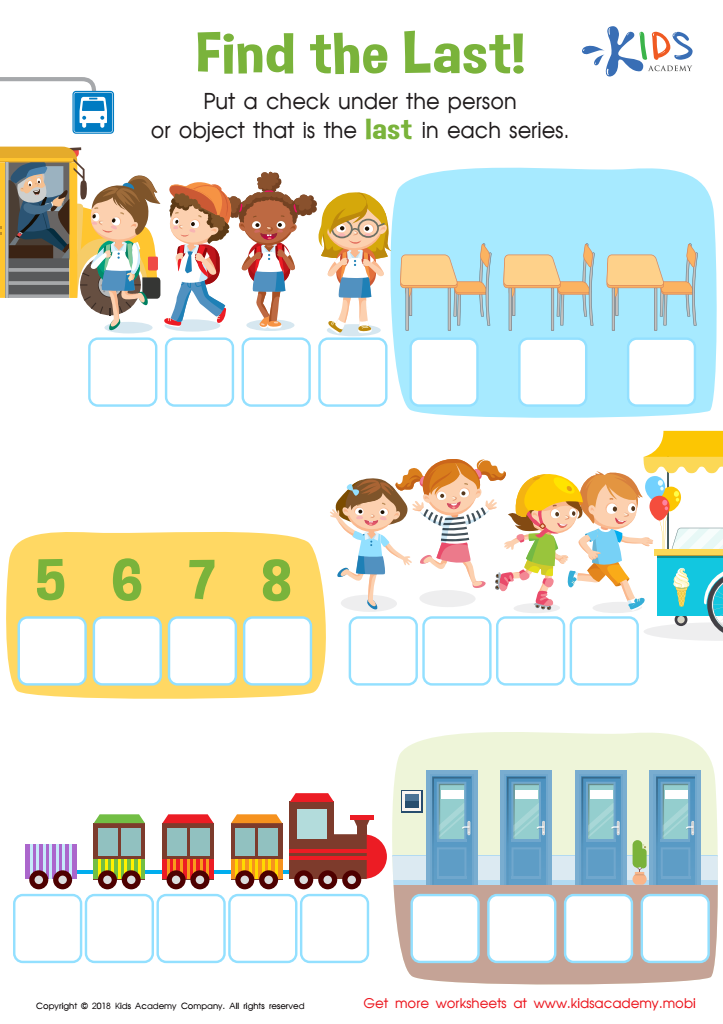

Find the Last! Worksheet
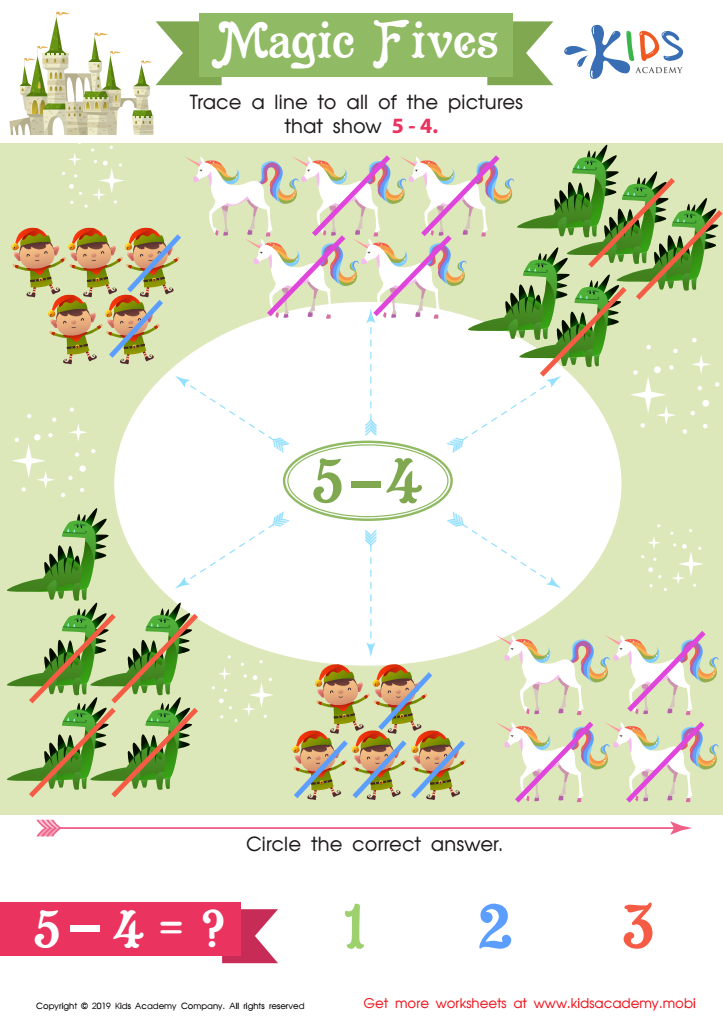

Magic Fives Worksheet
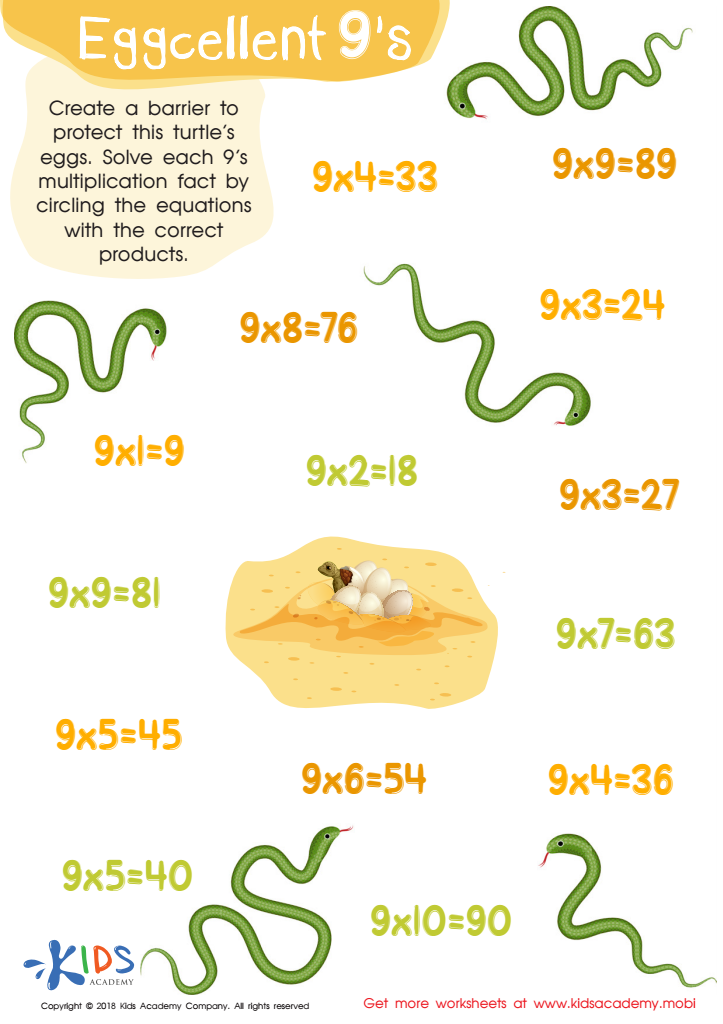

Eggcellent 9’s Worksheet
Understanding patterns is crucial for children ages 6-9 as it lays the foundation for mathematical thinking, problem-solving, and cognitive development. Patterns help children recognize order and predictability, which are essential for learning various math concepts such as counting, addition, subtraction, and multiplication. Recognizing patterns enhances a child's ability to make connections and from an early age, helps in grasping more complex mathematical ideas later on.
Patterns also play an integral role in developing logical thinking. For instance, when children identify and create patterns, they learn to observe details and understand sequencing, which sharpen their analytical skills. This extends beyond math; it applies to reading, science, and even daily routines, aiding in overall academic success.
Moreover, engaging with patterns encourages curiosity and engages children in playful learning. It transforms abstract concepts into visual and hands-on activities, making learning enjoyable and memorable. As they predict and test observed patterns, kids develop confidence and a positive attitude towards learning.
For parents and teachers, fostering pattern recognition is vital as it supports holistic development, including memory, planning, and attention to detail, ensuring children are well-rounded learners capable of tackling various cognitive challenges. Investing in pattern-based activities helps create a strong educational foundation, contributing to future academic achievements and everyday problem-solving skills.





 Assign to My Students
Assign to My Students
